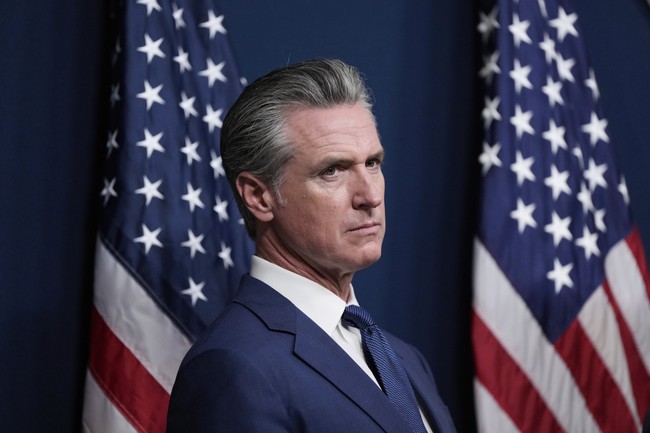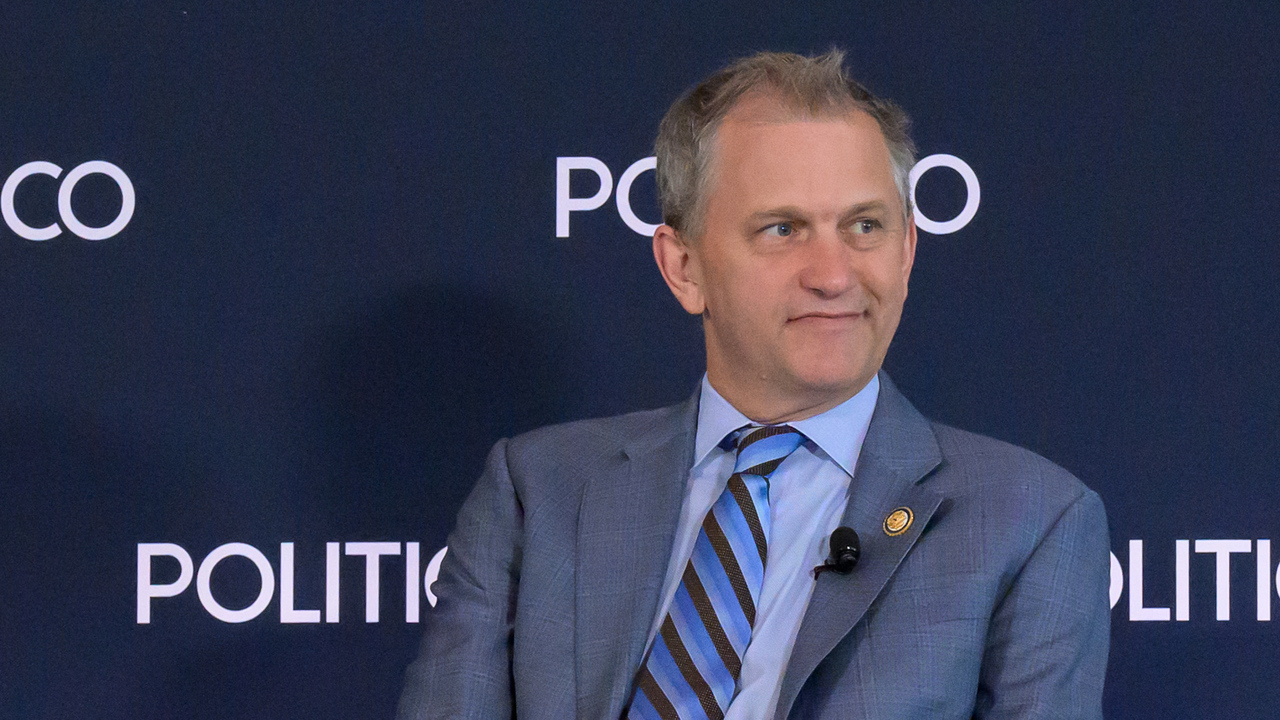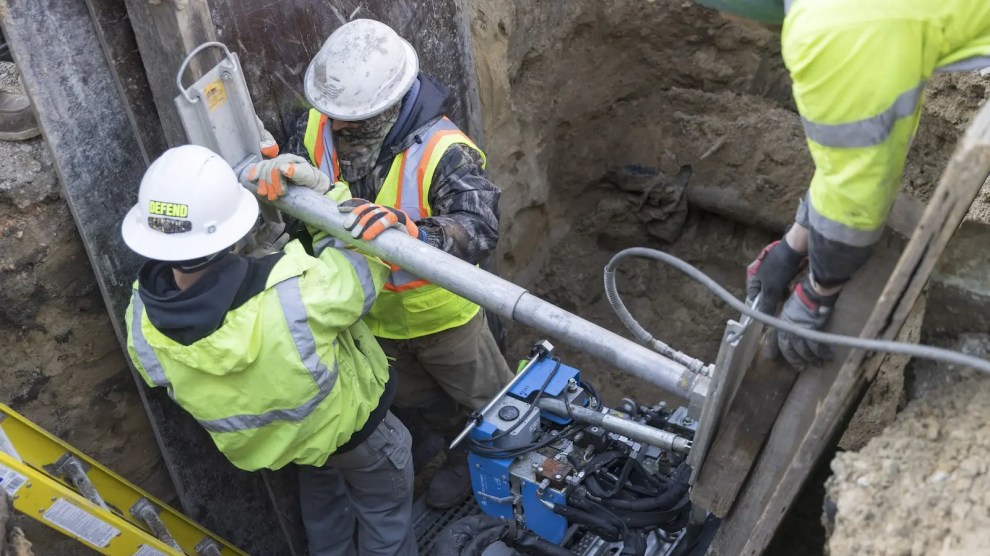The Pennsylvania Commonwealth Court heard arguments on March 15, 2024, regarding a lawsuit challenging the state’s restrictions on Medicaid coverage for abortion. Abortion clinics, backed by the Women’s Law Project and Planned Parenthood, assert that these limitations are unconstitutional and discriminatory. The case raises critical questions about whether Pennsylvania women possess a constitutional right to abortion care in the wake of recent changes to national abortion policy.
Much of the court’s discussion centered on the implications of the state’s current Medicaid rules, which only permit coverage for abortion under three circumstances: rape, incest, or when the mother’s life is at grave risk. Elizabeth Lester-Abdalla, a staff attorney for the Women’s Law Project, argued that these exceptions disproportionately affect low-income women. She emphasized that the existing framework forces these women to choose between carrying an unwanted pregnancy to term or incurring significant out-of-pocket expenses for the procedure.
The court is tasked with determining whether the exclusion of abortion coverage aligns with the state’s interest in maternal and fetal health without being overly restrictive. Lester-Abdalla contended that the exclusion is excessively broad, particularly in cases involving nonviable pregnancies. She stated, “It is a gratuitous intrusion, not a purposeful one,” suggesting that the state could achieve its objectives through less invasive measures, such as providing paid parental leave and improving access to general healthcare.
In 2023, the state’s Supreme Court deemed the coverage exclusion “presumptively unconstitutional” and sent the matter back to the Commonwealth Court for further examination. This ongoing legal battle highlights the broader national landscape, where states have become focal points for the abortion rights debate following the Supreme Court’s decision to overturn the federal constitutional right to abortion.
Lester-Abdalla’s arguments were supported by Gov. Josh Shapiro, who, along with the state’s Department of Human Services, declined to defend the ban. Aimee Thompson, Shapiro’s deputy general counsel, asserted that Medicaid covers “all necessary reproductive health care for men but not for women,” framing this discrepancy as a form of gender-based discrimination.
On the other side, Pennsylvania’s Attorney General Dave Sunday defended the coverage exclusion through Senior Deputy Michael Scarinci. He challenged the notion that all reproductive health care for men is fully covered under Medicaid, pointing out that male infertility treatments are generally excluded. Scarinci also argued that abortions can lead to emotional harm for women, citing research from the Charlotte Lozier Institute, an organization affiliated with the anti-abortion movement. However, several studies from this institute faced retractions due to concerns about their scientific validity.
Throughout the proceedings, Judge Patricia McCullough redirected focus to whether the exclusion serves the state’s interest in a minimally restrictive manner. She emphasized that the case revolves around the funding of elective abortions, questioning whether the exclusion truly protects maternal health. “That is not promoting maternal health,” Lester-Abdalla countered, highlighting the risks faced by women unable to terminate problematic pregnancies.
As the judges deliberated, they expressed concerns about the implications of the coverage exclusion on different income groups. Judge Stacy Wallace raised the issue of whether Medicaid’s treatment of procedures differs between men and women. Judge Matthew Wolf questioned the need for a declaration of a fundamental right to reproductive autonomy in Pennsylvania, a right not explicitly detailed in the state constitution.
The court’s inquiry revealed a divide in perspectives, with attorneys presenting conflicting assertions about the facts, health implications for women, and the competing state interests regarding maternal and fetal life. Judge McCullough noted the necessity for a shared set of facts to inform the court’s decision-making process.
The timeline for a ruling from the Commonwealth Court remains uncertain, but the case has the potential to reshape abortion access and rights in Pennsylvania significantly. As the legal landscape continues to evolve, the implications of this case will likely resonate beyond the state, reflecting broader national debates on reproductive rights.







